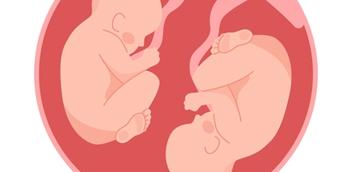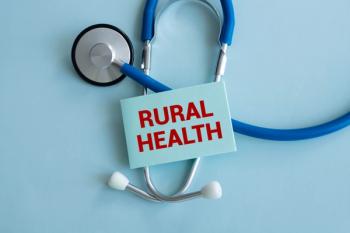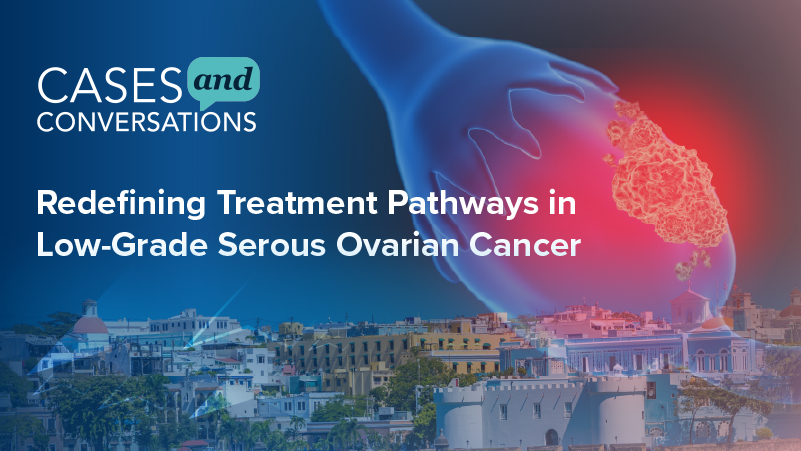
Unplanned out-of-hospital birth and risk of perinatal death
Sometimes out-of-hospital births are a necessity, but a recent presentation examined the safety and outcomes of these types of deliveries.
Pregnancy is unpredictable and, as a result, out-of-hospital births are sometimes a necessity. A
The cohort for the analysis was taken from nearly 250,000 registered singleton deliveries that occurred between 1991 and 2014 at a single tertiary medical center in Israel. Of these births, 3,580 (1.5%) were done out-of-hospital on an unplanned basis and most were to multiparous women (95.9% vs 76.1%, P< 0.001).
After controlling for confounders, the researchers found that women who delivered out-of-hospital had a higher rate of inadequate prenatal care compared with women who delivered in-hospital (26.2% vs 8.7%, respectively; P< 0.001). Women who delivered out-of-hospital were also more likely to be diagnosed with health disorders, such as diabetes (pre-gestational or gestational) and hypertensive disorder of pregnancy (chronic, gestational hypertension or preeclampsia) than women who delivered in-hospital (2.4% vs 5.0%, P < 0.001 and 1.2% vs 5.1%, P< 0.001; respectively).
Preterm birth rates were higher among women who delivered out-of-hospital (9.1% vs 6.8%, P< 0.001) and the infants born in that setting were more likely to weigh less than infants born in-hospital (11.6% vs 6.7% for weight < 2500 g, P< 0.001). However, most importantly, the authors found that rates of perinatal mortality were significantly higher among infants with unplanned out-of-hospital births compared to those born in-hospital (15/1000 births vs 5/1000 births, respectively). Out-of-hospital delivery was an independent risk factor for perinatal mortality (adjusted OR = 2.6, 95% CI 1.9-3.5; P< 0.001).
The authors believe that their findings confirm earlier studies that suggest that births in a non-hospital setting are far more dangerous than in hospitals. Due to the complex nature of pregnancies and birth, it is important to be prepared for what could go wrong, and a hospital provides mothers and infants with the safest environment for childbirth.
“The safest place to deliver your baby is in hospital,” Prof. Eyal Sheiner, MD, one of the researchers on the study and the chair of the Obstetrics and Gynecology Department at Soroka and vice dean for student affairs at Ben-Gurion University's Faculty of Health Sciences (FOHS) told Contemporary OB/GYN. “Several women try to postpone their arrival. Please make sure [patients] are able to arrive on time to ensure the safest mode of delivery.”
Newsletter
Get the latest clinical updates, case studies, and expert commentary in obstetric and gynecologic care. Sign up now to stay informed.










